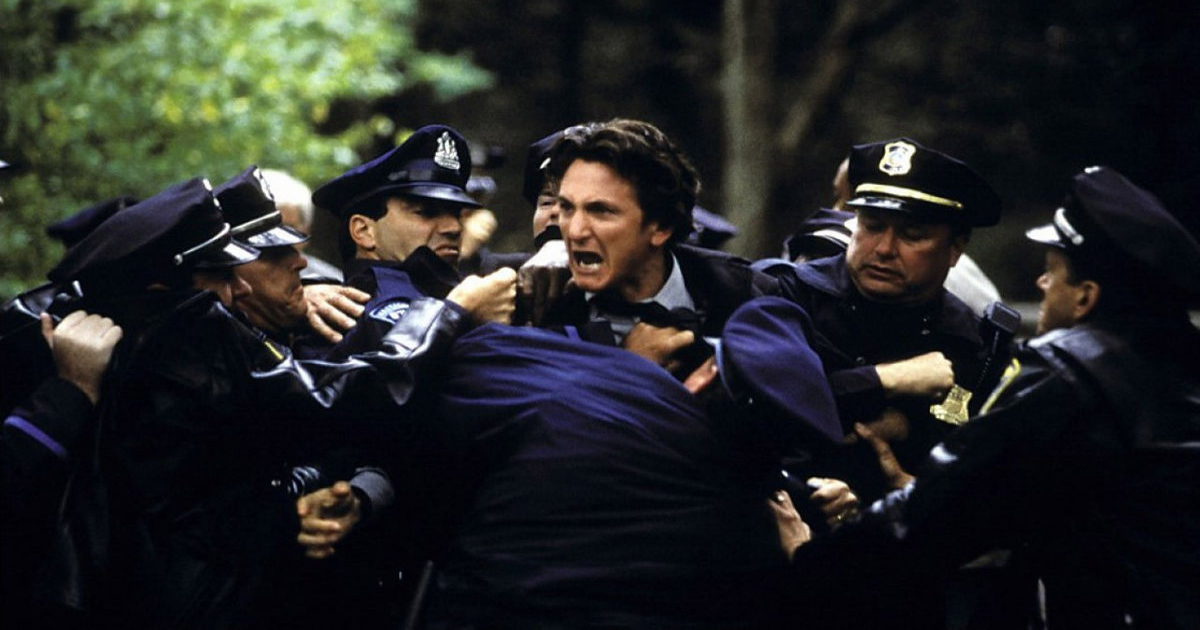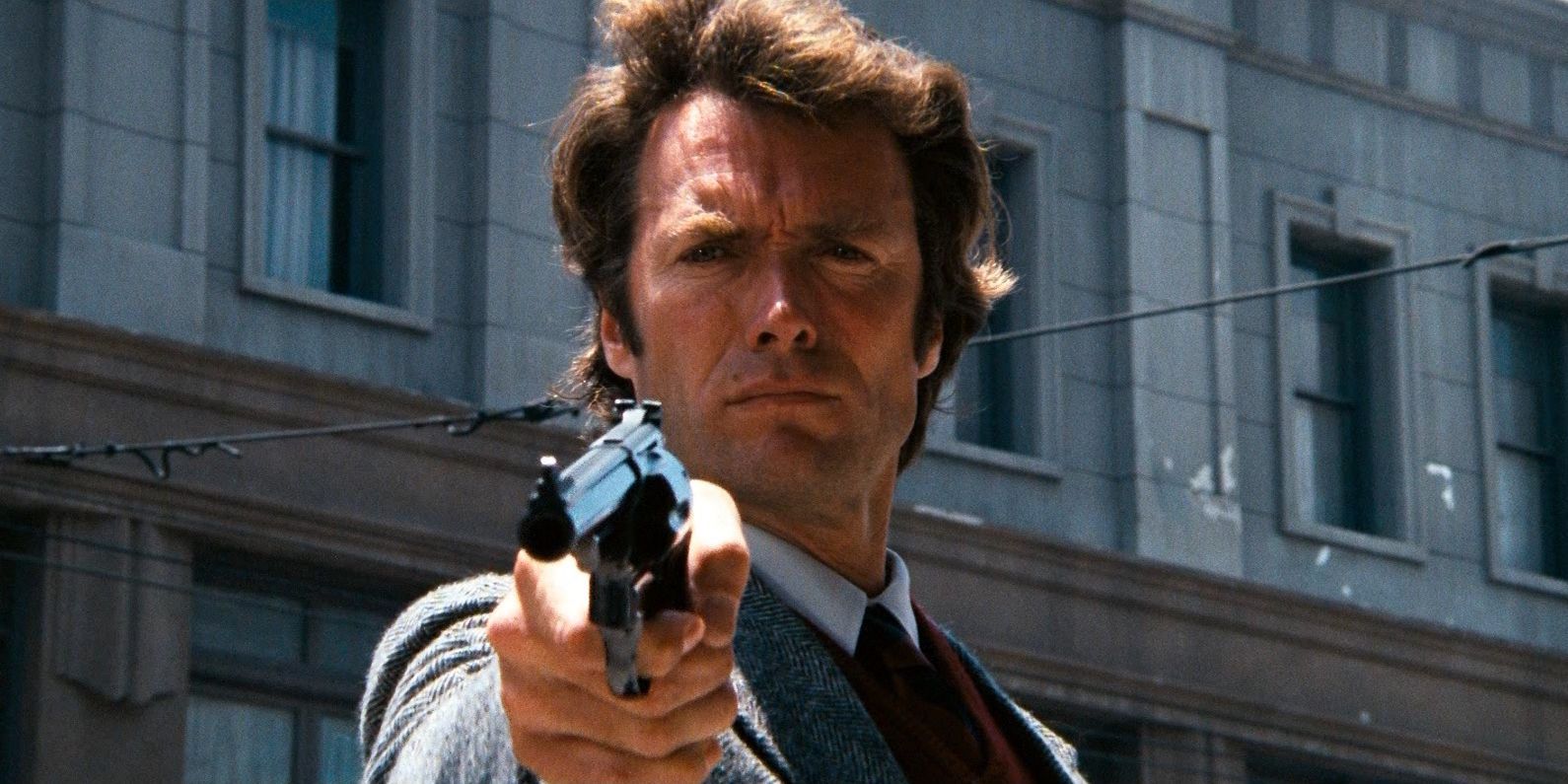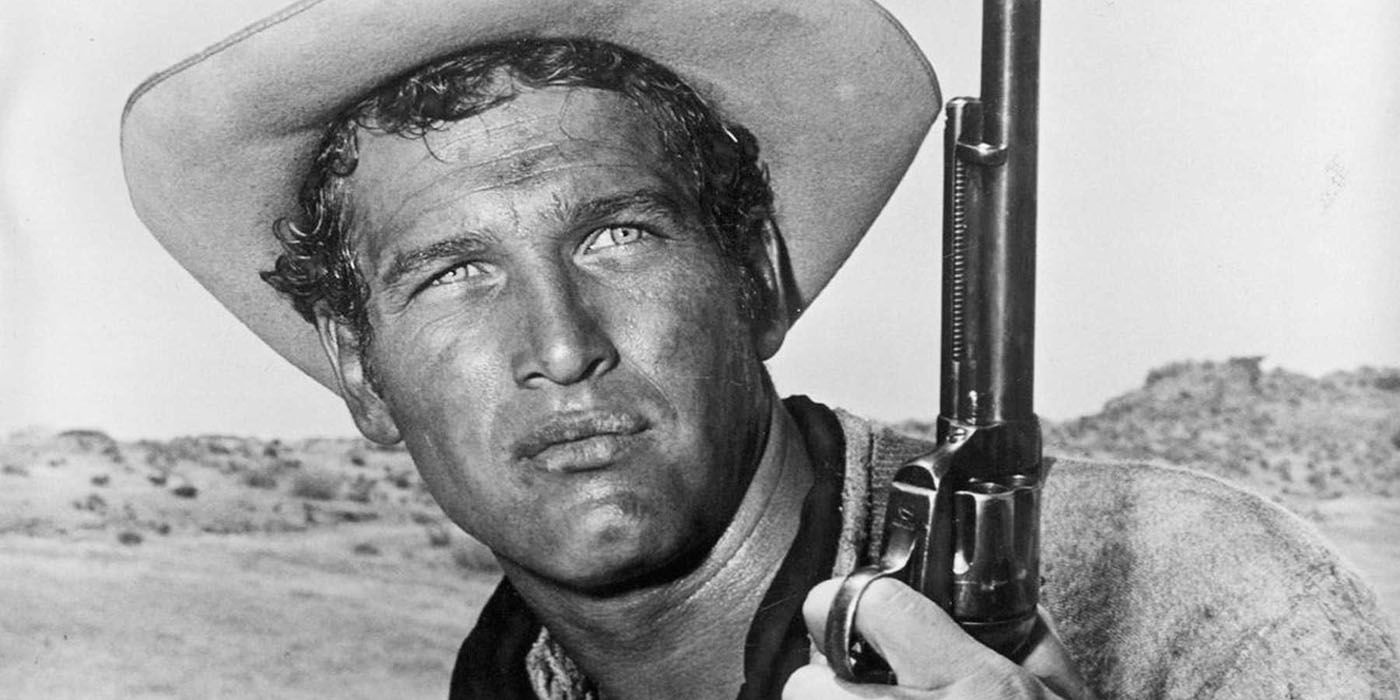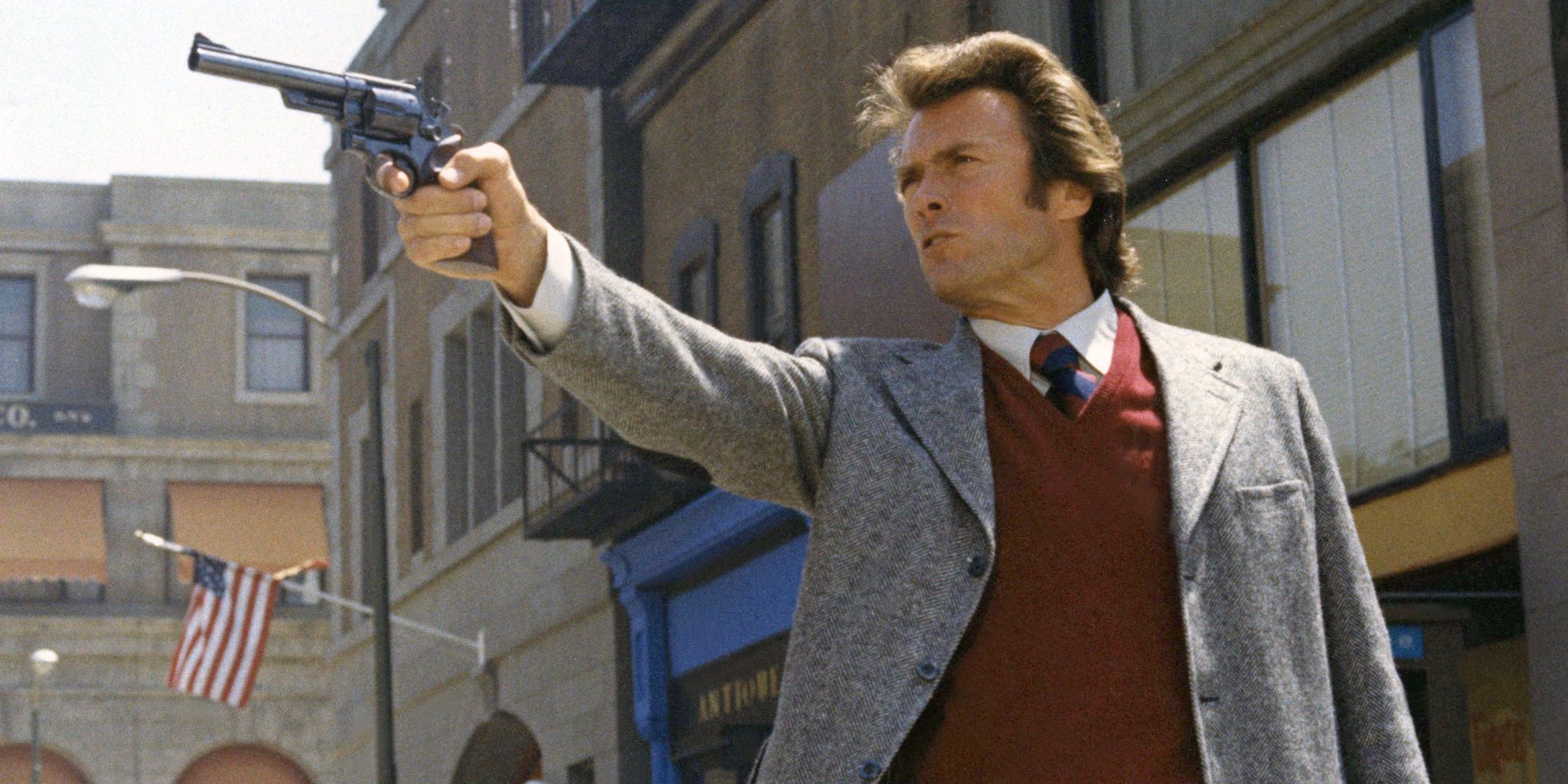A name virtually synonymous with the Western genre, Clint Eastwood has starred in many all-time classic Western movies — but how do they rank from worst to best? With an acting and directing career spanning over half a century, Eastwood has contributed immensely to cinema with an expansive filmography covering everything from Spaghetti Westerns to Hollywood crime thrillers to sports dramas. What’s most impressive is how consistently great and well-regarded his films have been over the course of his multi-decade career, even as the actor-director continues making movies into his nineties.
Regardless of the variety of his films, Eastwood’s legacy is more or less firmly established in his foundation as a Western film actor. Aside from his uncredited roles in a few creature features, comedy-dramas, and cowboy flicks of the ’50s, Eastwood truly got his start as a ticket-selling actor with his iconic role as the Man With No Name in Sergio Leone’s famous Spaghetti Western A Fistful of Dollars (1964), the first of three films in Eastwood and Leone’s Dollars Trilogy. In honor their relationship, when Eastwood won his first Academy Award for 1992’s Unforgiven, he dedicated the movie to Leone.
Despite his universal recognition, few have taken the time to fully enumerate and appreciate his expansive filmography. While the actor has many non-Western classics under his belt — most notably the Dirty Harry series, Play Misty For Me (1971), and Gran Torino (2008) — this list is focusing exclusively on his Western feature films. Here they are, ranked worst to best:
12. Ambush At Cimarron Pass (1958)

After a few small (largely uncredited) supporting roles in cowboy flicks of the ’50s and acquiring some name recognition with his role in the Rawhide TV series, Eastwood earned his first major Western movie role with 1958’s Ambush at Cimarron Pass. Directed by Jodie Copelan, Ambush at Cimarron Pass follows a small Army patrol unit who reluctantly teams up with a band of former Confederate soldiers after being attacked by a group of Native Americans. Described by Eastwood as “probably the lousiest Western ever made,” the film almost discouraged Eastwood from acting altogether after he saw the movie in theaters, after which he reportedly turned to his wife and lamented, “I’m going to quit. I gotta go back to school, I got to start doing something with my life.”
11. Joe Kidd (1972)

Directed by John Sturges, Joe Kidd is a story about a disaffected ex-bounty hunter named Joe Kidd (Eastwood) hired by a wealthy landowner (Robert Duvall) to capture the Mexican revolutionary bandito Luis Chama (John Saxon). Taking advantage of Eastwood’s recent success with the previous year’s Dirty Harry, Joe Kidd typecasts Eastwood as a law-breaking do-gooder whose private moral compass transcends that of the law. Unfortunately, Joe Kidd relies too much on Eastwood’s reputation and fails to fully flesh out his character within the film’s own story, resulting in what feels like one of Eastwood’s blander Western romps. Even so, the character Joe Kidd has earned a spot in Eastwood’s broad mosaic of iconic Western heroes.
10. Paint Your Wagon (1969)

A Western musical based on the Broadway play of the same name, Paint Your Wagon (1969) places Eastwood in a film genre (musical) that was somewhat alienating to the typical Eastwood fan at this point in his career. Set in a mining camp in the California Gold Rush, Paint Your Wagon follows the story of Ben Rumson (Lee Marvin), a prospector who happens upon a wrecked wagon containing Pardner (Eastwood) and Pardner’s dead brother. After discovering gold while burying Pardner’s brother, the two team up in the newly sprung “No Name City,” a tent city of gold miners whose loneliness drive them to compete over female companionship. Despite being a box office hit, the film was poorly received by critics — one potential reason being that Eastwood did his own singing.
9. Honkytonk Man (1982)

Speaking of music, Honkytonk Man features Eastwood as Red, a country and Western singer who’s dying of tuberculosis during the Great Depression. Endearingly, the film co-stars Eastwood with his son Kyle Eastwood — brother of Scott Eastwood — who plays Red’s young nephew Whit, an aspiring musician who idolizes his uncle and accompanies him on a long road trip to Red’s final performance in Nashville. One part road trip movie, another part coming-of-age journey — Honkytonk Man is one of Eastwood’s more unconventionally heartwarming Western films.
8. Two Mules For Sister Sara (1970)

The second of Eastwood’s five collaborations with Dirty Harry director Don Siegel, the American-Mexican film Two Mules For Sister Sara sees Eastwood co-starring with Shirley MacLaine who respectively play gunslinger Hogan and the young nun Sara. After rescuing Sara from being raped by a group of men, Hogan and Sara escape to nearby encampment of Mexican revolutionaries, who hire Hogan to help them resist the invading French army. However, unbecoming of a nun, Sara turns out to be far more foul-mouthed and all-around vulgar in spirit than first impressions indicated, suggesting to Hogan that he’s got much more than a simple damsel in distress on his hands.
7. Hang ‘Em High (1968)

Directed by Ted Post, Hang ‘Em High is a 1968 American revisionist Western film starring Eastwood as Jed Cooper, an man who survives and escapes a lynching he didn’t deserve. Subsequently hired by local lawmen as a federal marshal, Jed is granted a new lease on life, albeit with one caveat: he can’t seek revenge against those who attempted to have him wrongfully lynched. Of course, this being an Eastwood movie, Jed defies these orders when he learns that his tormentors are responsible for other crimes. At time of release, Hang ‘Em High was wildly successful, in terms of both box office sales and critical reception.
6. Pale Rider (1985)

Directed and produced by Eastwood, Pale Rider is an American fantasy Western starring Eastwood as the enigmatic “Preacher,” a figure of retributive justice who protects a small-town of gold miners against a violent band of thugs hired by local property owner Coy LaHood (Richard Dysart). Intending to claim the gold miners’ territory by force, LaHood’s plans are thwarted by Preacher, whose ghostly arrival and presence spell disaster for LaHood, as suggested by the film title’s apocalyptic association with the Book of Revelation, chapter 6, verse 8: “And I looked, and behold a pale horse: and his name that sat on him was Death, and Hell followed with him.” Considering Eastwood’s thorough involvement in the movie, as director, producer, and actor, Pale Rider‘s success and artistically ambitious themes served as a marker of Eastwood’s drastic filmmaking improvements over the years.
5. High Plains Drifter (1973)

Like the Man With No Name of Sergio Leone’s Dollars Trilogy, Eastwood plays a drifter with no name in High Plains Drifter, a 1973 American Western also directed by Eastwood. Wandering — or, rather, “drifting” — into a small miner town, the drifter with no name finds that his gun-slinging skills are in high demand, due to a band of criminals terrorizing the town. Unknown to the townspeople, however, they have a past history with the drifter, who has entered the town with a score to settle.
4. Cry Macho (2021)

A testament to Eastwood’s amazing persistence as a filmmaker, Cry Macho stars a 91-year-old Eastwood as Mike Milo, a retired Texan rodeo star hired by his former boss Howard Polk (Dwight Yoakam) to rescue Polk’s son, Rafa (Eduardo Minett), from the boy’s alcoholic mother, Leta (Fernanda Urrejola), in Mexico. Unwilling to let her son go, Leta threatens Mike and assigns a group of henchmen to follow him out of Mexico. However, upon crossing Mexico back to America, Mike discovers Leta’s son snuck into his truck, allowing Mike (leveraging Eastwood’s iconic status) the opportunity to mentor Rafa on the true meaning of “macho” and what it means to truly be a man. Cry Macho is an earnest road trip movie, reminiscent of the coming-of-age journey in Honkytonk Man.
3. The Outlaw Josey Wales (1976)

As the movie poster indicates, The Outlaw Josey Wales is a hot-blooded revenge tale about Josey Wales (Eastwood), a man who joins the Confederate Army to seek revenge against the Union soldiers who he watched murder his wife and child. After killing some of the men of Captain Terrill (Bill McKinney), Wales flees to Texas to start a new life for himself. However, the peace he tries to re-establish is quickly disturbed when a bounty placed on Wales’ head endangers both him and his new surrogate family. When initially released in 1976, The Outlaw Josey Wales was immediately hailed as an iconic American Western film, one that’s reflective of America’s deep, ancestral history and turbulent, post-Civil War destiny.
2. Unforgiven (1992)

Produced and directed by Eastwood, Unforgiven earned the legendary actor his first two Academy Awards and has been selected for preservation in the United States National Film Registry for being “culturally, historically, or aesthetically significant.” If not for Cry Macho, Unforgiven would have been Eastwood’s last Western film, as vocally intended by Eastwood — and it would’ve been a high note for the man to end his Western film career on. The movie stars Eastwood as Will Munny, a gunslinger-turned-farmer who has long set his guns aside to focus on raising his children after the passing of their mother. However, when Munny’s old partner (Morgan Freeman) urges him out of retirement for one last job, Munny finds himself in trouble with the local sheriff (Gene Hackman), who disallows vigilantism in his town.
1. The Dollars Trilogy (1964 – 1968)

A three-for-one entry at the top spot, Leone’s classic Dollars Trilogy undoubtedly marks an early peak of Eastwood’s Western film career with his role as the iconic Man With No Name of A Fistful of Dollars (1964), For A Few Dollars More (1965), and The Good, The Bad, and The Ugly (1968). With The Good, The Bad, and The Ugly leading the trio as perhaps the best of the Dollars Trilogy — if not the best Western overall, with even Quentin Tarantino ranking it as his all-time favorite — the Spaghetti Western films see Eastwood playing three variations of the Man With No Name who finds himself caught in the middle of longstanding bandit feuds, bounty hunting missions, and an epic journey through the desert for buried treasure. Despite opening to mixed critical reception, due to market uncertainty towards the Spaghetti Western genre, the Dollars Trilogy has since cemented Clint Eastwood as the premier Western movie actor — and one of the best overall actors of all-time.


 Entertainment10 months ago
Entertainment10 months ago
 Entertainment10 months ago
Entertainment10 months ago
 Entertainment11 months ago
Entertainment11 months ago
 Entertainment1 year ago
Entertainment1 year ago
 Entertainment10 months ago
Entertainment10 months ago
 Entertainment11 months ago
Entertainment11 months ago
 Entertainment11 months ago
Entertainment11 months ago
 Entertainment10 months ago
Entertainment10 months ago














 Warner Bros.
Warner Bros.







